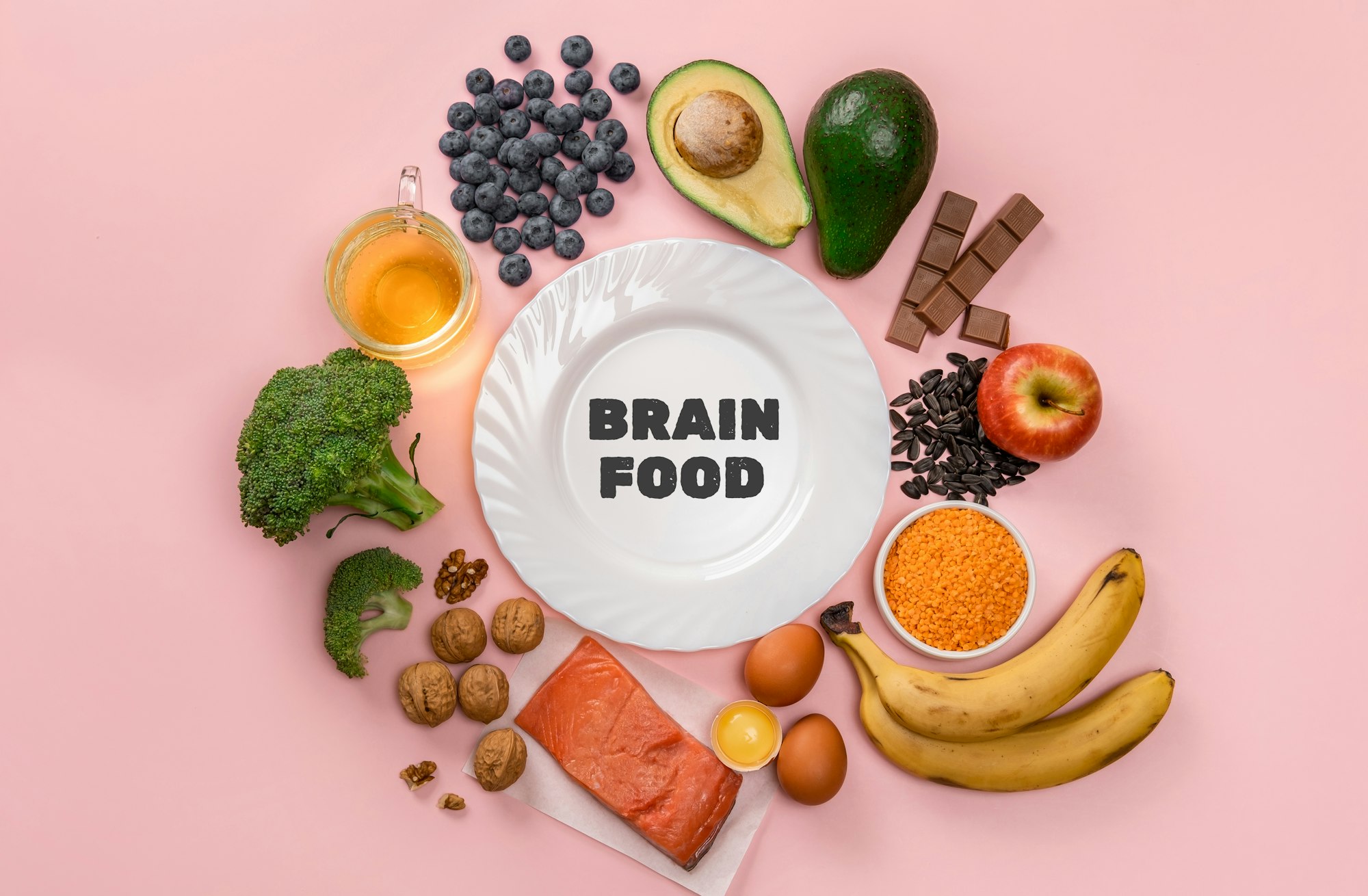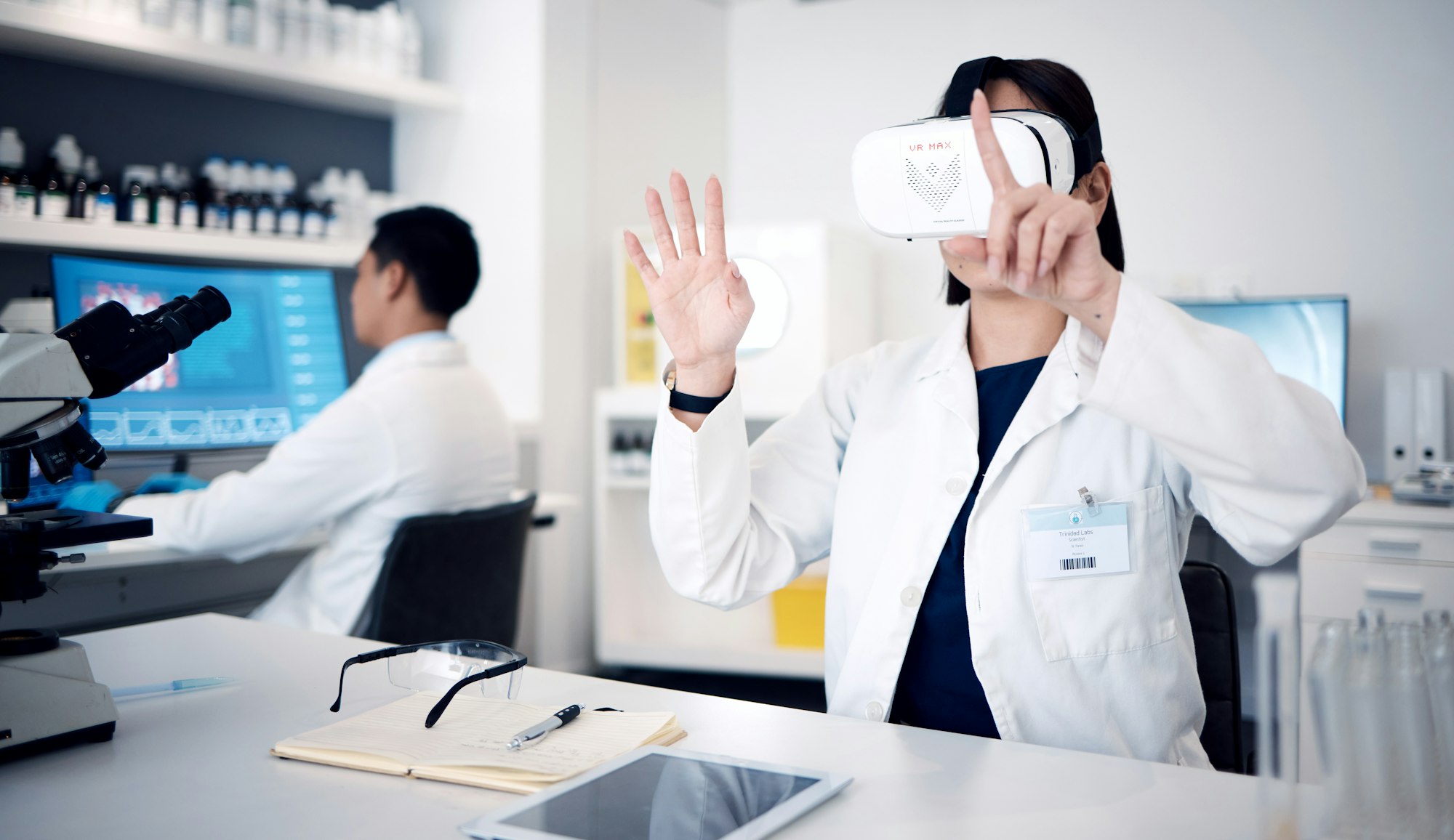In recent years, advancements in artificial intelligence (AI) and robotics have been revolutionizing the field of healthcare, offering unprecedented opportunities to improve patient care, enhance medical diagnosis and treatment, and transform the way healthcare services are delivered. From AI-powered diagnostic tools and robotic-assisted surgeries to virtual health assistants and predictive analytics, these technologies are reshaping the future of medicine. In this guide, we’ll explore the profound impact of AI and robotics in healthcare and the potential benefits they offer for patients, healthcare providers, and society as a whole.
1. AI-Powered Medical Diagnosis
AI algorithms are increasingly being used to analyze medical imaging scans, such as X-rays, MRIs, and CT scans, to assist healthcare providers in diagnosing diseases and conditions more accurately and efficiently. AI-based diagnostic tools can help detect abnormalities, identify patterns, and prioritize cases, enabling earlier detection of diseases such as cancer, cardiovascular conditions, and neurological disorders. By augmenting the diagnostic capabilities of healthcare professionals, AI has the potential to improve patient outcomes and save lives.
2. Robotic-Assisted Surgeries
Robotic-assisted surgical systems, such as the da Vinci Surgical System, are transforming the field of surgery by enabling more precise, minimally invasive procedures with improved outcomes and reduced recovery times. Surgeons can use robotic platforms to perform complex surgeries with enhanced dexterity, precision, and control, leading to fewer complications and shorter hospital stays for patients. Robotic-assisted surgeries offer benefits such as reduced pain, scarring, and risk of infection, making them an increasingly popular option for a wide range of surgical procedures.
3. Virtual Health Assistants
Virtual health assistants powered by AI are revolutionizing patient care by providing personalized health advice, answering medical questions, and assisting with appointment scheduling and medication management. These virtual assistants use natural language processing and machine learning algorithms to understand and respond to patient inquiries, offer recommendations based on medical guidelines and patient data, and provide support for chronic disease management and preventive care. Virtual health assistants enhance access to healthcare services, improve patient engagement, and empower individuals to take control of their health and well-being.
4. Predictive Analytics and Population Health Management
AI-driven predictive analytics tools are helping healthcare organizations identify and manage population health trends, predict disease outbreaks, and allocate resources more effectively. By analyzing vast amounts of data from electronic health records, wearables, and other sources, AI algorithms can identify patterns, trends, and risk factors for diseases, allowing healthcare providers to intervene earlier and deliver more proactive and preventive care. Predictive analytics enable healthcare organizations to optimize resource allocation, reduce healthcare costs, and improve health outcomes for entire populations.
5. Personalized Medicine and Precision Treatment
AI and robotics are revolutionizing the field of personalized medicine by enabling tailored treatment plans based on an individual’s unique genetic makeup, medical history, and lifestyle factors. AI algorithms can analyze patient data to identify biomarkers, predict treatment responses, and recommend personalized therapies for conditions such as cancer, cardiovascular disease, and mental health disorders. Robotic platforms can deliver precise drug doses, administer targeted therapies, and perform gene editing procedures with unprecedented accuracy and efficiency, leading to better treatment outcomes and improved quality of life for patients.
Conclusion
The integration of AI and robotics into healthcare is revolutionizing the way medical care is delivered, offering transformative benefits for patients, healthcare providers, and society as a whole. From AI-powered diagnostic tools and robotic-assisted surgeries to virtual health assistants and predictive analytics, these technologies are enhancing patient care, improving medical outcomes, and advancing the practice of medicine. As AI and robotics continue to evolve, they hold the promise of unlocking new frontiers in healthcare and ushering in a future where healthcare is more personalized, precise, and accessible for all.










